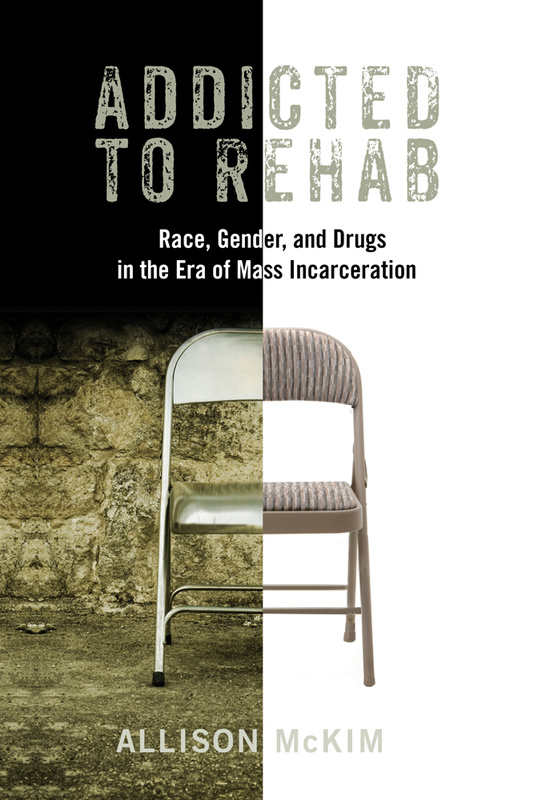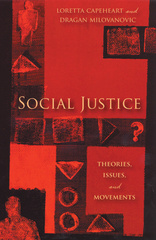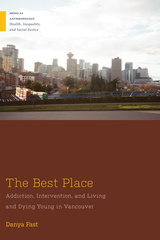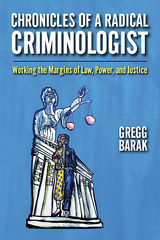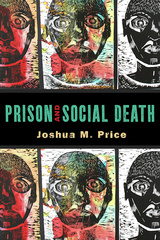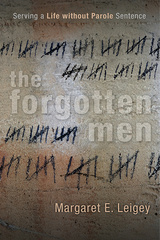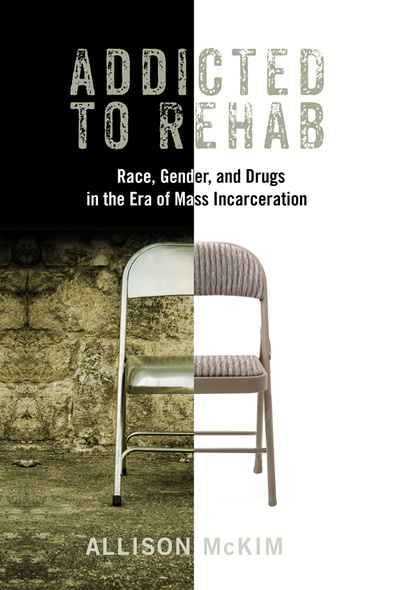
246 pages, 6 x 9
Paperback
Release Date:03 Jul 2017
ISBN:9780813587622
Hardcover
Release Date:03 Jul 2017
ISBN:9780813587639
Addicted to Rehab
Race, Gender, and Drugs in the Era of Mass Incarceration
Rutgers University Press
Winner of the 2018 Book Award from the American Society of Criminology's Division of Critical Criminology and Social Justice
Winner of the 2018 Book of the Year Award from the American Society of Criminology's Division on Women and Crime
After decades of the American “war on drugs” and relentless prison expansion, political officials are finally challenging mass incarceration. Many point to an apparently promising solution to reduce the prison population: addiction treatment.
In Addicted to Rehab, Bard College sociologist Allison McKim gives an in-depth and innovative ethnographic account of two such rehab programs for women, one located in the criminal justice system and one located in the private healthcare system—two very different ways of defining and treating addiction. McKim’s book shows how addiction rehab reflects the race, class, and gender politics of the punitive turn. As a result, addiction has become a racialized category that has reorganized the link between punishment and welfare provision. While reformers hope that treatment will offer an alternative to punishment and help women, McKim argues that the framework of addiction further stigmatizes criminalized women and undermines our capacity to challenge gendered subordination. Her study ultimately reveals a two-tiered system, bifurcated by race and class.
Winner of the 2018 Book of the Year Award from the American Society of Criminology's Division on Women and Crime
After decades of the American “war on drugs” and relentless prison expansion, political officials are finally challenging mass incarceration. Many point to an apparently promising solution to reduce the prison population: addiction treatment.
In Addicted to Rehab, Bard College sociologist Allison McKim gives an in-depth and innovative ethnographic account of two such rehab programs for women, one located in the criminal justice system and one located in the private healthcare system—two very different ways of defining and treating addiction. McKim’s book shows how addiction rehab reflects the race, class, and gender politics of the punitive turn. As a result, addiction has become a racialized category that has reorganized the link between punishment and welfare provision. While reformers hope that treatment will offer an alternative to punishment and help women, McKim argues that the framework of addiction further stigmatizes criminalized women and undermines our capacity to challenge gendered subordination. Her study ultimately reveals a two-tiered system, bifurcated by race and class.
Addicted to Rehab is an important and timely contribution to the literature on mass incarceration, drug treatment, and social inequality. McKim provides crucial insight into these realms through her spectacular and engaging research.
While most people struggle to get out of rehab, Allison McKim fought her way in to study it— and came out with a brilliant, nuanced, fascinating, and original account of the different ways addiction is defined and addressed in the contemporary U.S. This is a critical contribution to our understandings of drugs, criminal justice, and the gender politics of mass incarceration.
The writing is clear, engaging, and accessible. I can see the book working in undergraduate medical sociology and criminology courses as well as in more advanced courses for professionals working in the substance abuse field. The author does a superb job of bringing the staff and residents of both facilities to life. She has a strong eye for the material surroundings and a strong ear for the nuances and tones of conversations
Addicted to Rehab is part of a small but growing group of carceral ethnographies that interrogate sites of punishment in the age of mass incarceration. To make sense of her observations, McKim draws on an impressive range of sociological literature.
Addicted to Rehab: Race, Gender, and Drugs in the Era of Mass Incarceration provides an uncomfortable, yet necessary, analysis that is required of programs, such as WTS and the Lodge, that purport to fix' people and address social problems. This work makes important contributions to both theoretical and policy-oriented conversations in criminology and should serve as foundational reading for policy-makers and stakeholders working within the realm of rehabilitation and drug treatment.
Addicted to Rehab is an important and timely contribution to the literature on mass incarceration, drug treatment, and social inequality. McKim provides crucial insight into these realms through her spectacular and engaging research.
While most people struggle to get out of rehab, Allison McKim fought her way in to study it— and came out with a brilliant, nuanced, fascinating, and original account of the different ways addiction is defined and addressed in the contemporary U.S. This is a critical contribution to our understandings of drugs, criminal justice, and the gender politics of mass incarceration.
The writing is clear, engaging, and accessible. I can see the book working in undergraduate medical sociology and criminology courses as well as in more advanced courses for professionals working in the substance abuse field. The author does a superb job of bringing the staff and residents of both facilities to life. She has a strong eye for the material surroundings and a strong ear for the nuances and tones of conversations
Addicted to Rehab is part of a small but growing group of carceral ethnographies that interrogate sites of punishment in the age of mass incarceration. To make sense of her observations, McKim draws on an impressive range of sociological literature.
Addicted to Rehab: Race, Gender, and Drugs in the Era of Mass Incarceration provides an uncomfortable, yet necessary, analysis that is required of programs, such as WTS and the Lodge, that purport to fix' people and address social problems. This work makes important contributions to both theoretical and policy-oriented conversations in criminology and should serve as foundational reading for policy-makers and stakeholders working within the realm of rehabilitation and drug treatment.
ALLISON McKIM is an assistant professor of sociology at Bard College in Annandale-On-Hudson, New York.
Introduction: Rehab Is the New Black
1 Intake: Pathways to Treatment
2 Addicted to Punishment
3 Habilitating Broken Women
4 A Haven for the Chemically Dependent
5 Learning to Live Sober
6 Conclusion
Methodological Appendix
Acknowledgments
Notes
Bibliography
Index
1 Intake: Pathways to Treatment
2 Addicted to Punishment
3 Habilitating Broken Women
4 A Haven for the Chemically Dependent
5 Learning to Live Sober
6 Conclusion
Methodological Appendix
Acknowledgments
Notes
Bibliography
Index

